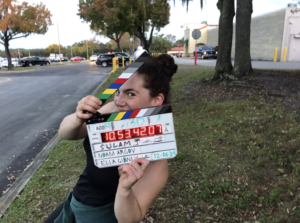 Noam Argov is an Israeli American filmmaker and MFA Writing/Directing Student at NYU’s Tisch School of the Arts, where she is a Film Futures Scholar and BAFTA US Scholarship Program nominee. With a background in documentary filmmaking, Argov began her graduate film program to transition into original narrative film and television, and she now has a new short film, “Sulam,” which has two screenings coming up at this year’s Florida Film Festival. In this interview we talk about her own personal experiences informing this film, the casting of the film, and Noam’s first ever experience at the Enzian Theater.
Noam Argov is an Israeli American filmmaker and MFA Writing/Directing Student at NYU’s Tisch School of the Arts, where she is a Film Futures Scholar and BAFTA US Scholarship Program nominee. With a background in documentary filmmaking, Argov began her graduate film program to transition into original narrative film and television, and she now has a new short film, “Sulam,” which has two screenings coming up at this year’s Florida Film Festival. In this interview we talk about her own personal experiences informing this film, the casting of the film, and Noam’s first ever experience at the Enzian Theater.
Chris Crespo: The story presented in Sulam feels very specific, as it is based on a mix of your childhood memories growing up in Central Florida as an immigrant – was this a story you’ve been wanting to tell for a while, and do you plan to continue to explore the themes present in this film in your future work?
Noam Argov: The backbone memory on which I based the film is a story I’ve told often over the years, especially when I’m talking to other immigrant or first gen friends. We’d often share stories of having to help our parents and the tension around that, and this story about a time when I refused to translate for my mother and literally ran away has always come up for me.
The first time when I thought it could be a film, however, was when I was talking to my producer Bethiael Alemayoh about it. Bethiael immediately told me that I had to make it into a movie and the story kept sitting with me until I wrote the script. I had seen a lot of films about children translating for their parents but I was curious about this moment of refusing to translate and what that could mean for the parent-child relationship, coming of age, and assimilation.
The next films I’m working on don’t focus specifically on immigration, but they do continue to explore mother-daughter relationships and key inflection points of identity. I think identity conflict is something I’ll explore in my work in one way or another forever, since it’s something I continue to wrestle with in myself. So yes definitely similar themes, though the next few films I’m working on have a more comedic approach.
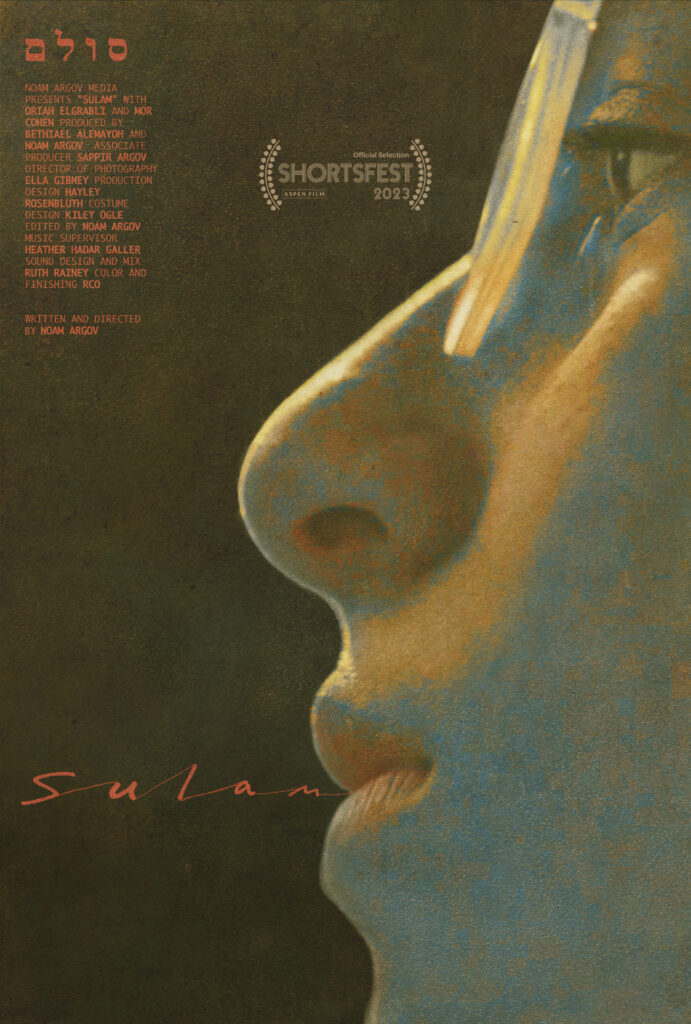 CC: The two lead actors, Oriah Elgrabli and Mor Cohen, are both remarkable. What was the casting process like, as I’m sure the need to find people fluent in Hebrew narrowed your options.
CC: The two lead actors, Oriah Elgrabli and Mor Cohen, are both remarkable. What was the casting process like, as I’m sure the need to find people fluent in Hebrew narrowed your options.
NA: They both were really amazing to work with and are incredible actors. You’re completely right that it was such a task to find actors who fit the roles, spoke Hebrew and English in the ways I needed, looked somewhat similar to each other, etc. It really is a testament to my casting directors Danny Gordon and Charlene Lee. Casting directors are often a film’s unsung heroes, and I can wholeheartedly say that Danny and Charlene did a stellar job and I couldn’t have done it without them.
CC: How intentional is the choice of a ladder as the central item for these characters’ story?
NA: The story of that word being mispronounced is a real one from my family and childhood. One of those stories that has become family lore, if you will. I think just in terms of language barriers and accents it’s a tough word to pronounce in English, a word that if mispronounced sounds like other things, which is surprisingly true for a lot of words in English and makes communication that much tougher. Growing up, sometimes my parents’ pronunciation in English was difficult for people to understand, but sometimes I also felt that the person on the other side was getting frustrated very quickly and wasn’t trying to understand. So both of those elements were important to me, and the word “ladder” felt right for that kind of situation. Also, helping out your parents for the sake of the household is a common pattern in a lot of immigrant families, even if it means being late etc., so it was important to have an object that connected to that thematically. For the mom in the film, the ladder is existentially crucial for maintaining a safe home, proving herself as a competent mother, etc.
In terms of the symbolism of a ladder, that was never really on my mind when I was writing. But people have pointed it out and it is interesting to me. I’ve had people say that for them it represents feelings around family dynamics and the American dream, so those interpretations added a really beautiful layer of meaning that I didn’t originally imagine.
CC: You’ve stated that the Enzian Theater is the first place you saw an indie film, do you recall which film it was and what that experience was like? It must be incredible to have your own film now showing there as part of the Florida Film Festival.
NA: It’s crazy to think about, but I actually think the first film I saw at Enzian was “The White Ribbon” by Michael Haneke when I was sixteen years old. Talk about a heavy welcome! I’d grown up watching Israeli films at home, but this was the first contemporary, international film I’d seen in a proper theater. It blew my mind. “The White Ribbon” is still one of my favorite films and I remember being just shocked at the end of it. Like I couldn’t move. I didn’t know you could make a feature film in black and white, let alone end it with such existential dread. It was really exciting to see that things didn’t have to wrap up neatly, and that characters could just be ruthless and challenging to root for. I think it just opened my eyes to how bold you could be as a filmmaker, how far you could push the audience. I had never seen anything like it, and maybe I wouldn’t be here today if I hadn’t seen it. Not long after, I saw Sam Taylor-Johnson’s directorial film debut “Nowhere Boy” and I just kept coming back after that! I still think Enzian is one of the most special art house cinemas in America, and it’s an honor to screen at the festival. Hopefully one day I’ll get to screen a feature there too.
Chris Crespo is a movie critic, writer and podcaster based out of Orlando, Florida. He hosts the weekly podcast Cinema Crespodiso, and has also made appearances on Doug Loves Movies, A Mediocre Time with Tom and Dan, The Curtis Earth Show, and more. This is his 13th year covering the Florida Film Festival.
This interview was conducted via email.

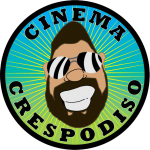 #6 – Johnny the Hater
#6 – Johnny the Hater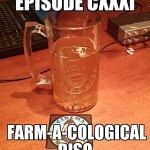 #131 – Farm-A-Cological Diso
#131 – Farm-A-Cological Diso Review: ‘Ted 2’
Review: ‘Ted 2’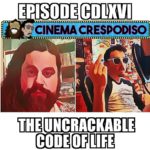 #466 – The Uncrackable Code of Life
#466 – The Uncrackable Code of Life
Leave a Reply
You must be logged in to post a comment.